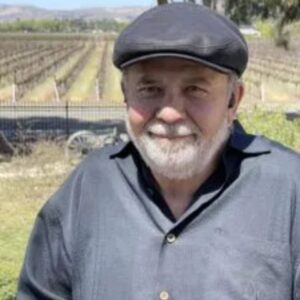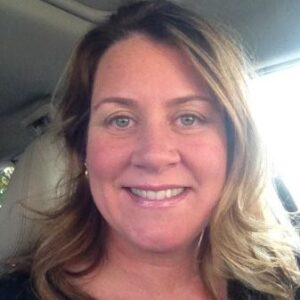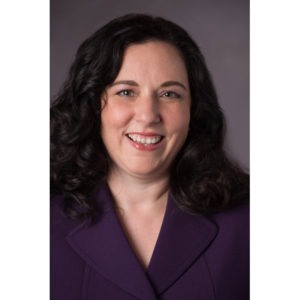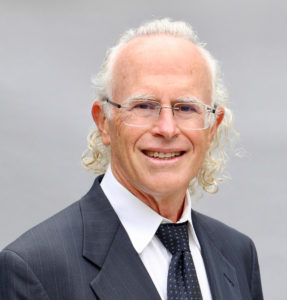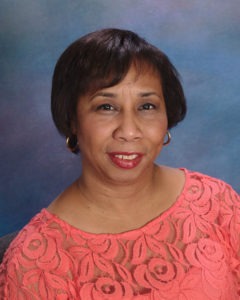One-on-One with… Erin Jones
Assisted living communities are seeing increased pressure to raise the bar on resident satisfaction and improve workflow processes. Assisted living organizations—especially memory care communities—are embracing greater roles in educating families, staff and even physicians on how dementia affects daily life and tasks in a group environment.
Emerson House Portland (Oregon), a 55-bed memory care community, recently partnered with the Oregon Health Sciences University (OHSU) to help medical students learn more about cognitive impairment and the staff workflow within the care environments where people with dementia live.
Emerson House Executive Director Erin Jones, recently named 2017 Administrator of the Year by the National Center for Assisted Living, spoke with I Advance Senior Care about culture change within assisted living and her organization’s four-year journey toward better resident satisfaction and streamlined care processes.
How has realigning the staff improved workflow?
There was no dedicated staffing coordinator when I got here. Previously, the med aides were ordering supplies, handling call-ins and covering the floor, but they really didn’t take the kind of ownership that a dedicated staffing coordinator would take. I identified an amazing long-term employee, and we promoted her. There also were staffing changes so that, as a team, we were a more cohesive unit, rather than all of us coming in with our own perspectives and fighting against each other. With that, we have seen a decrease in overtime as well as an increase in better care.
What strategies do you use to reduce the incident reports and improve state survey findings?
I am very structured in my routines. Monthly, I take the form that the state of Oregon uses when they walk in for a survey, and I audit based on everything that they ask me for at survey. This process lets us adjust course for that upcoming month, to be sure that we have problem-solved.
As far as incident reporting goes, the nurse gets the incident reports, then we make changes to the care plan immediately. We reevaluate those over time in an attempt to prevent future incidents.
What kind of feedback do you get from the staff about these efforts?
I was a caregiver (earlier in my career), and so they want to help me and they want to plead their case to me and they want to work collaboratively. I’ve never been someone who had to have all the right answers. I just want to do the most efficient thing and the most realistic thing. For the most part, the staff is pretty on board. Many of the ones who were here when I walked in four years ago are still here.
How do you create an environment of trust, empathy and encouragement?
Memory care requires an intimacy with the family, the staff, and the residents, and requires trust. From the moment a family walks in for the initial tour, we explain to them that this is not the Hilton, and we are not a bank making change. You have to trust us and we have to trust you. We have to have the same set of goals, and we have to be realistic about those goals.
Some families come in to memory care with such guilt. They want this to be one-on-one and it just really isn’t. We talk about social quality of life being king over anything else. We have experiences and our residents go out for ice cream, or they go to a church and listen to music. But it’s real life. They might fall on that outing, for example. But I could fall tomorrow going to check my mail. I tell (families) that rather than prevent that fall, we are going to try to prevent any serious injuries, and here’s how we are going to do that.
Why is the partnership with OHSU’s Collaborating on Cognitive Impairment program so important for medical students?
Doctors don’t always have a good understanding of the difference between assisted living, a nursing home and a memory care facility. This program takes students to see a couple of facilities in the area and lets them see that we are not a nursing home. For example, some physicians will give us an IM injection order at 2 a.m., but we don’t have the licensed staff (on shift) to do it. This program lets students can see what environment they are making medical decisions for. I can’t say enough about the program. It’s been going on about a year now.
What is the most important thing you have learned in your job?
When I first started, every obstacle hit me at the same level of intensity. I spent most of my time stressed. Now, I just get to enjoy the day and have fun. No two days are the same. I can enjoy the humor in the day to day and know what is an urgent, concerning issue and what is something that we can just learn from, move on, make a plan and keep going.
I Advance Senior Care is the industry-leading source for practical, in-depth, business-building, and resident care information for owners, executives, administrators, and directors of nursing at assisted living communities, skilled nursing facilities, post-acute facilities, and continuing care retirement communities. The I Advance Senior Care editorial team and industry experts provide market analysis, strategic direction, policy commentary, clinical best-practices, business management, and technology breakthroughs.
I Advance Senior Care is part of the Institute for the Advancement of Senior Care and published by Plain-English Health Care.
Related Articles
Topics: Articles , Executive Leadership , Leadership , Training




